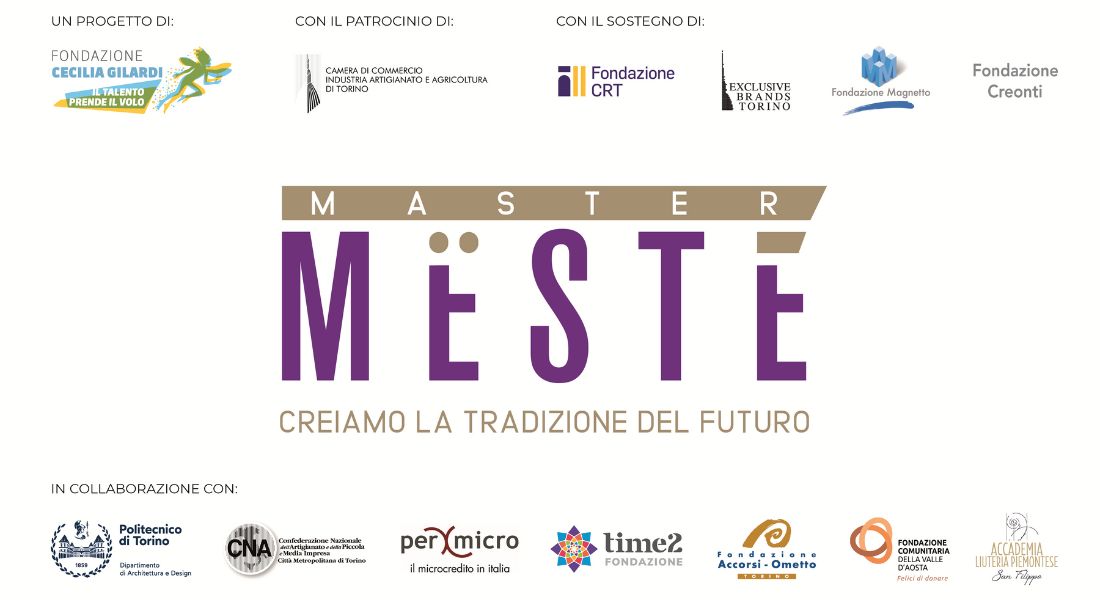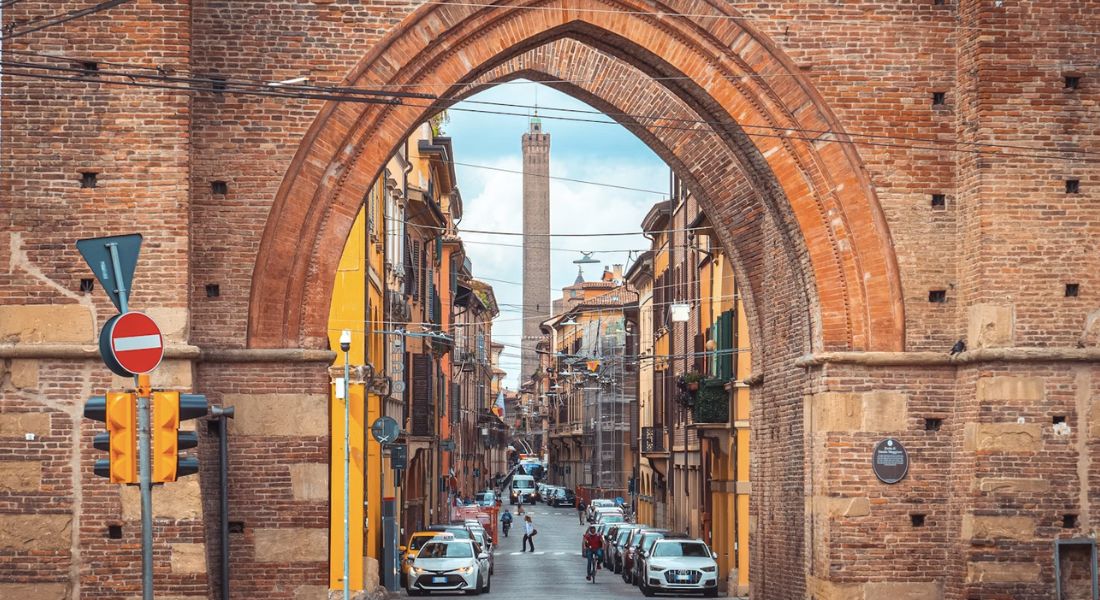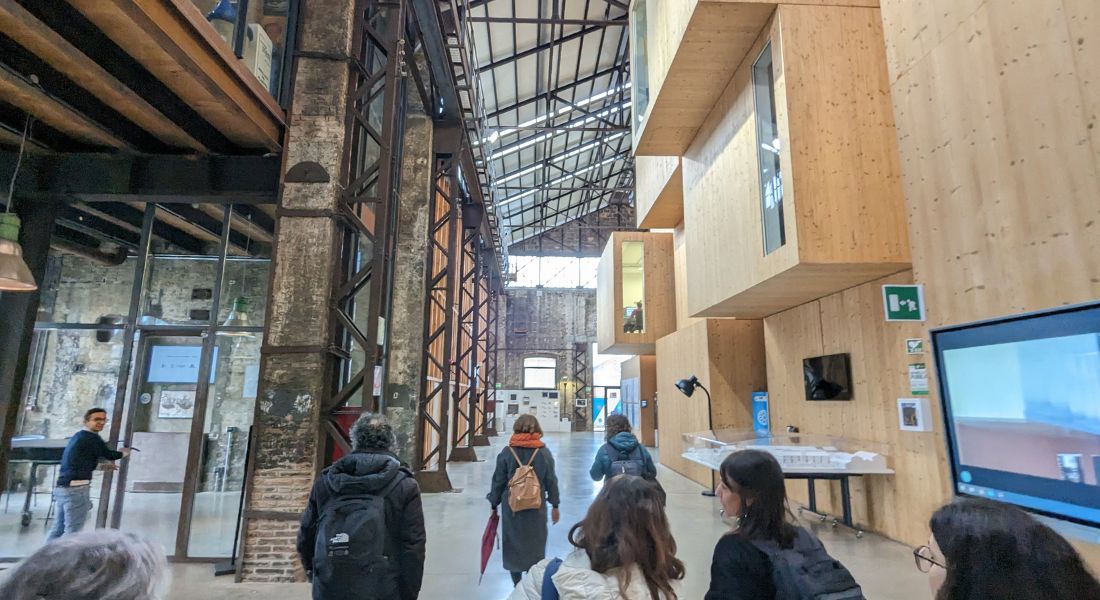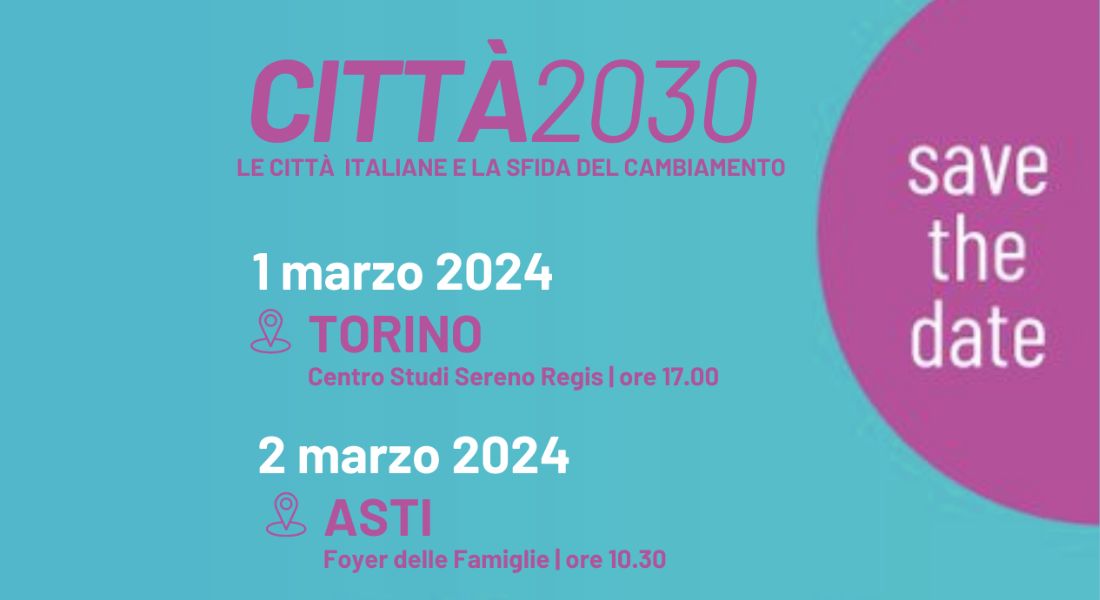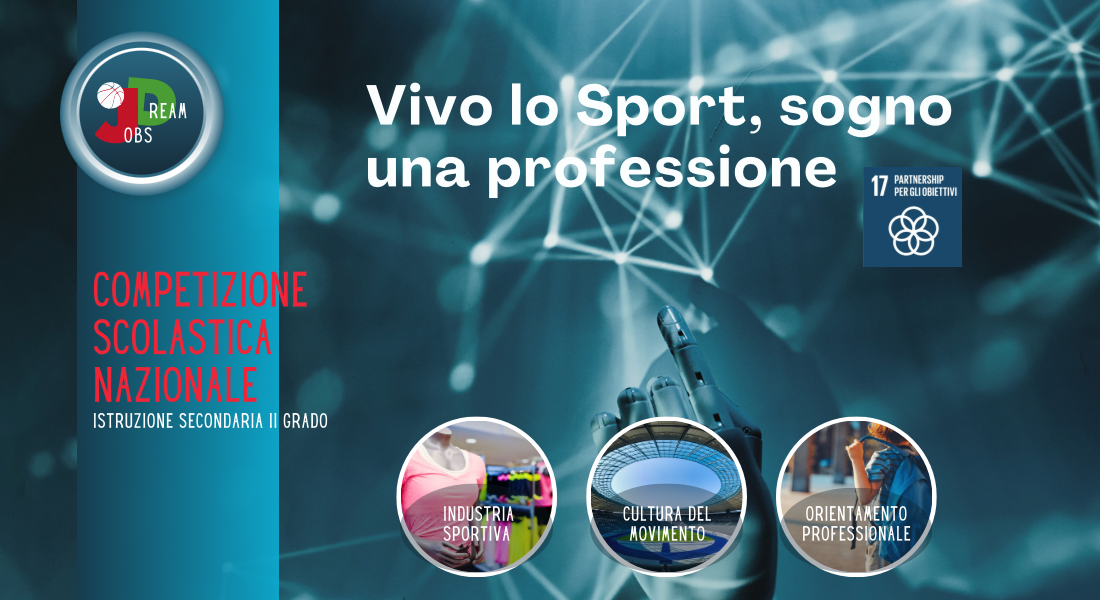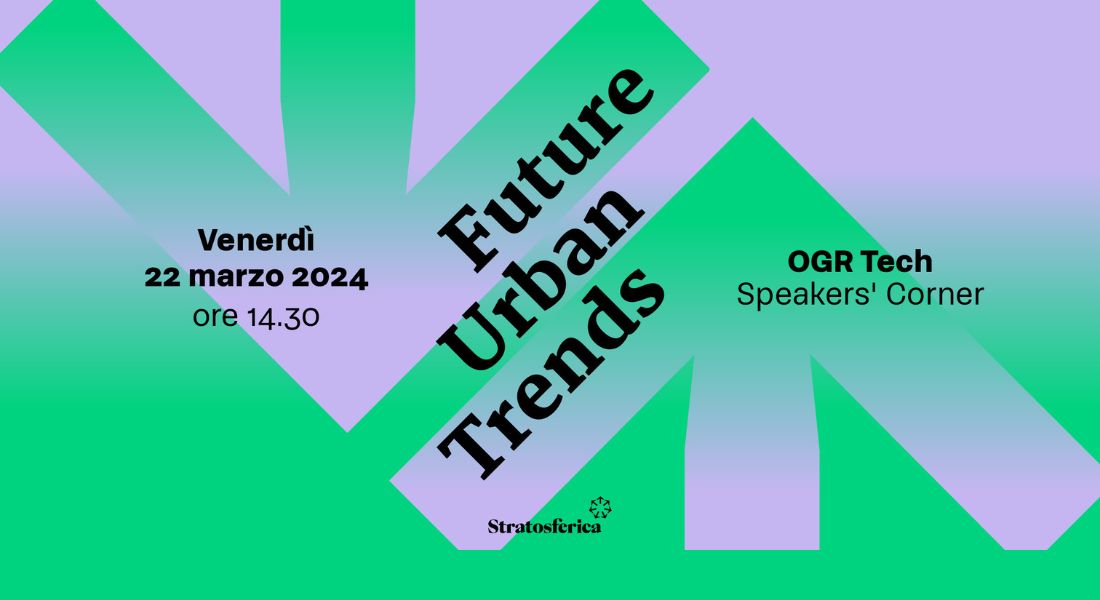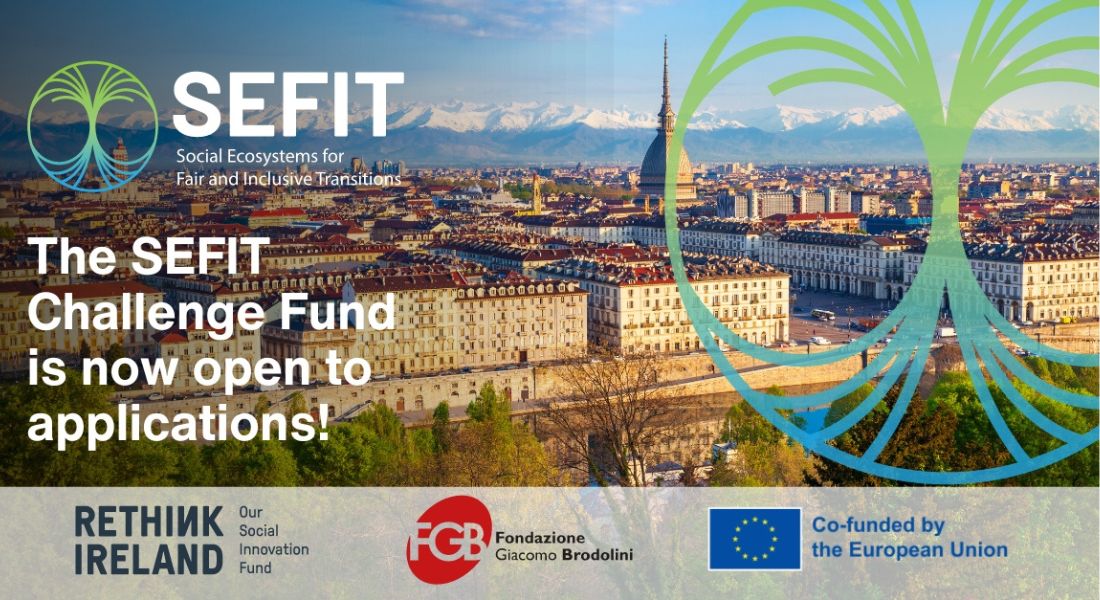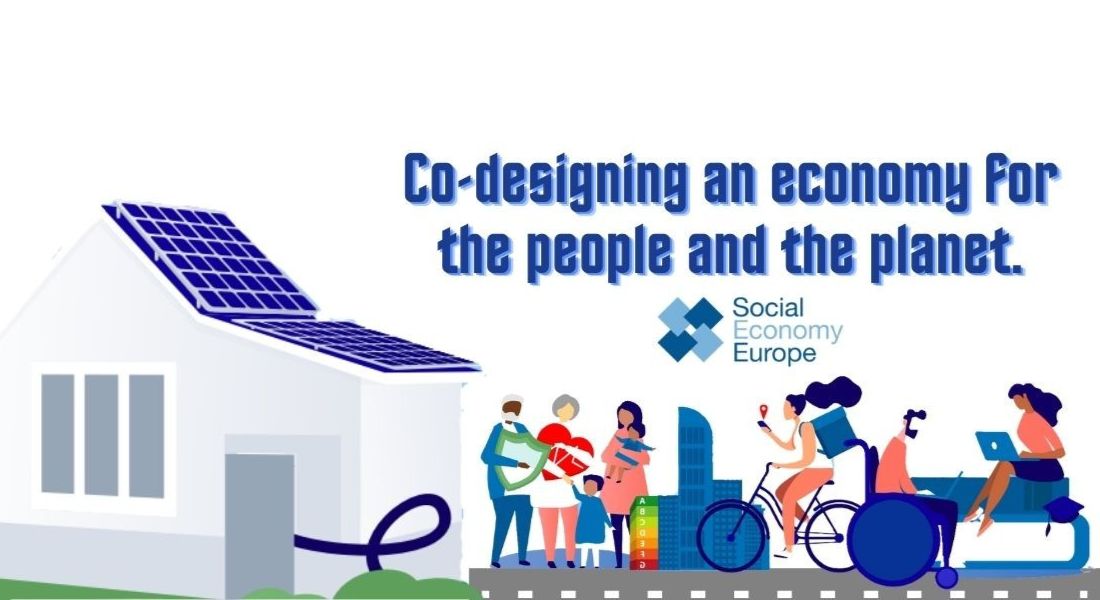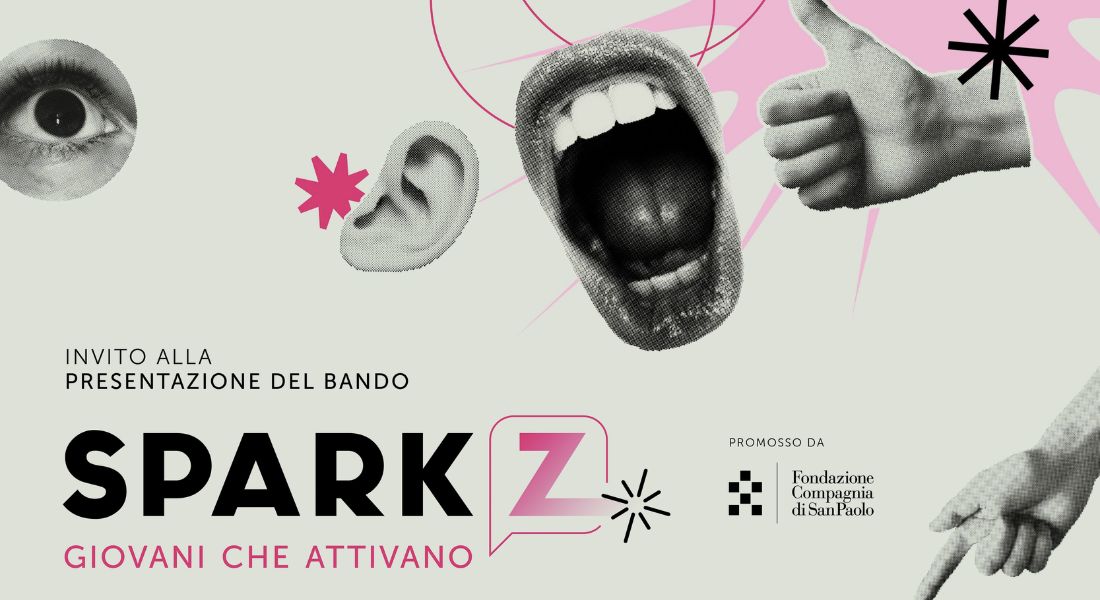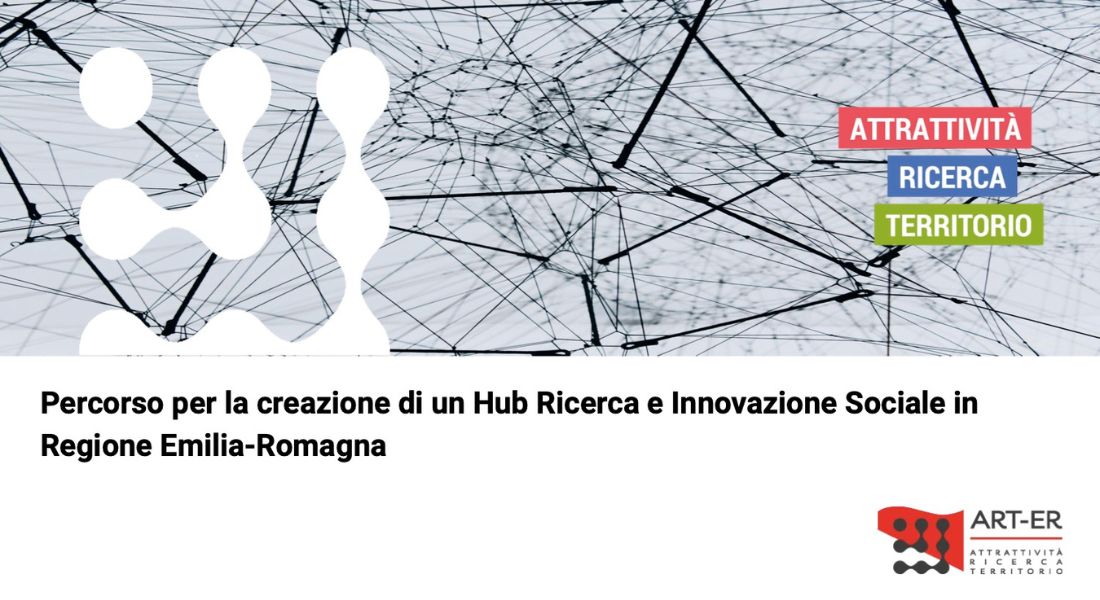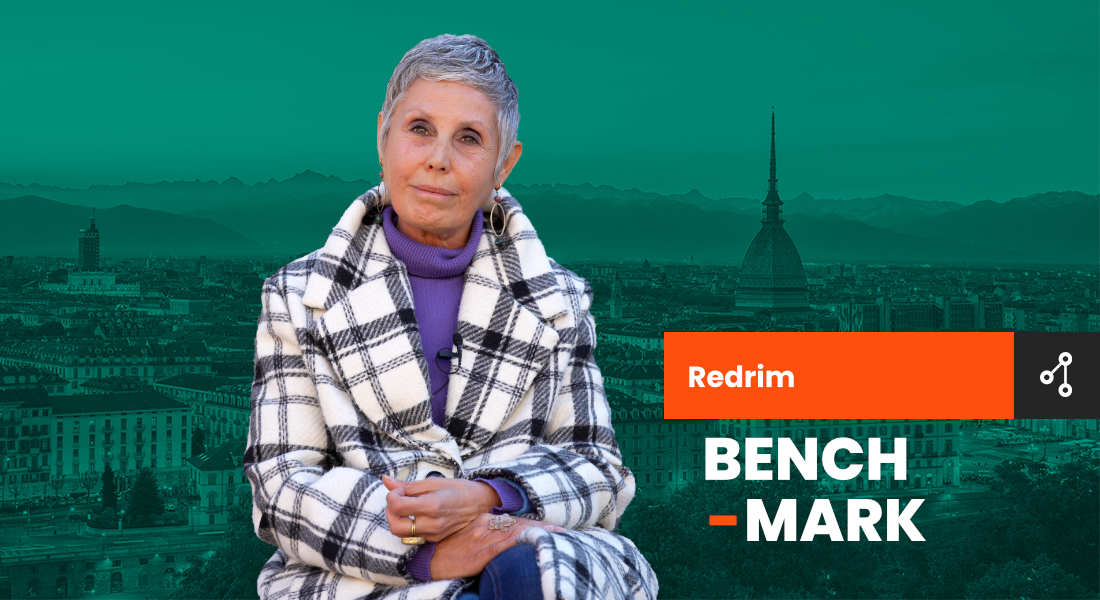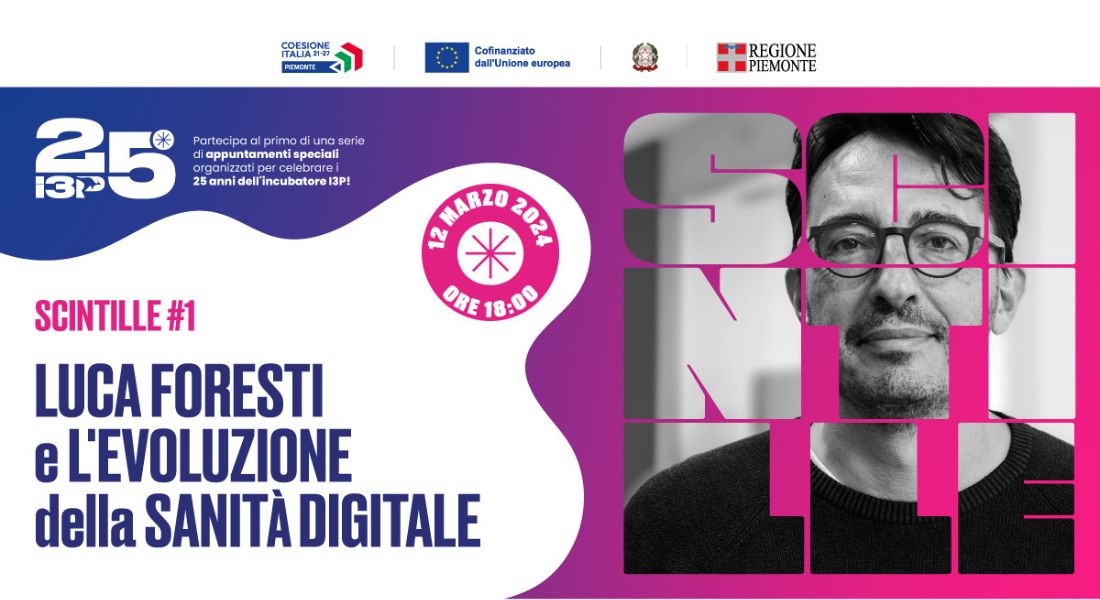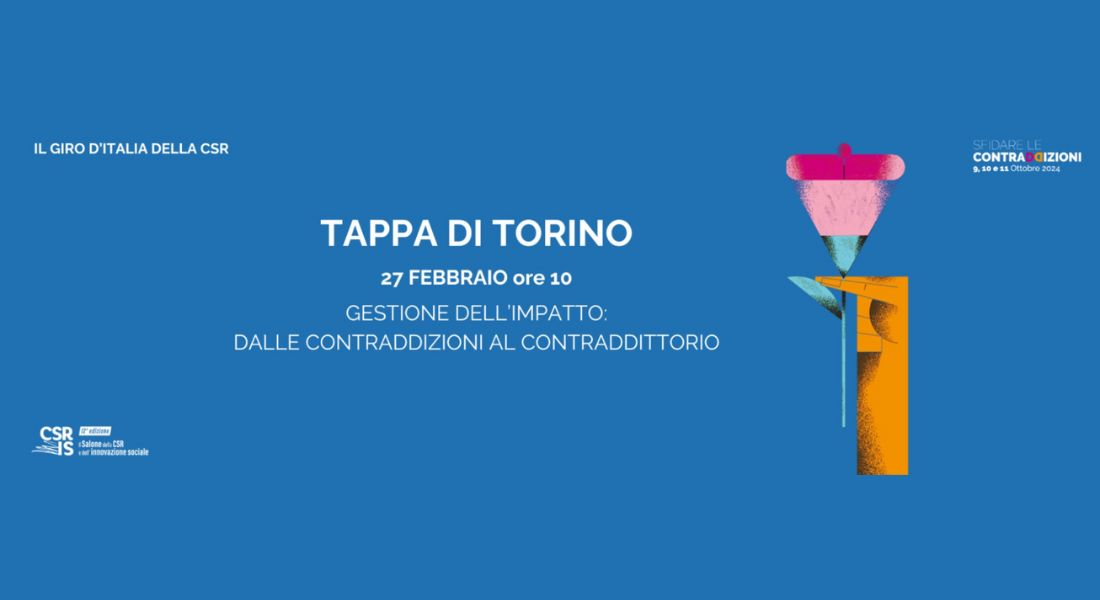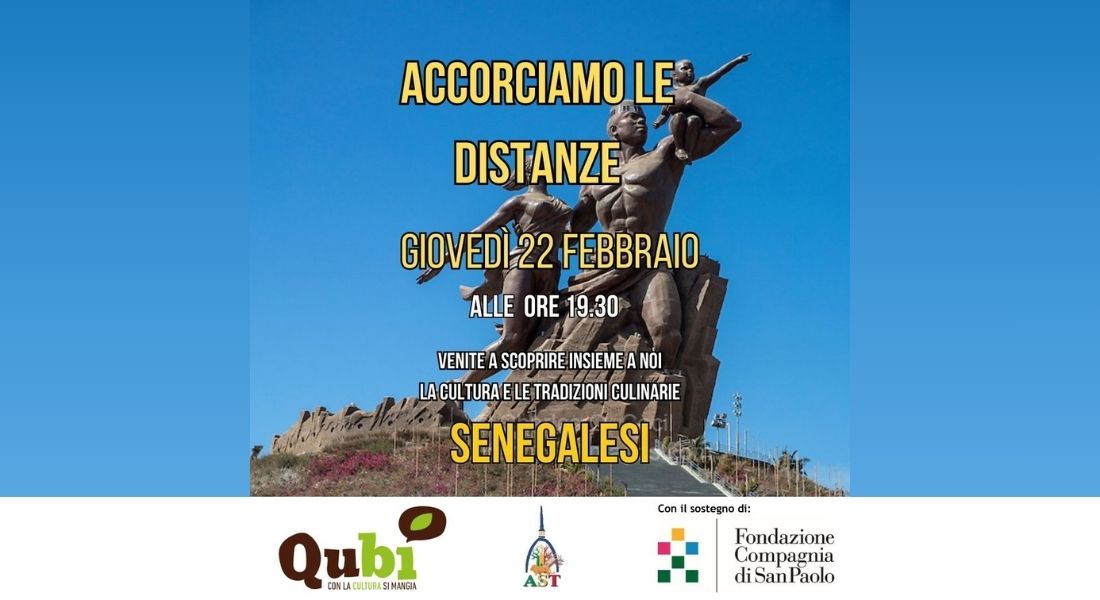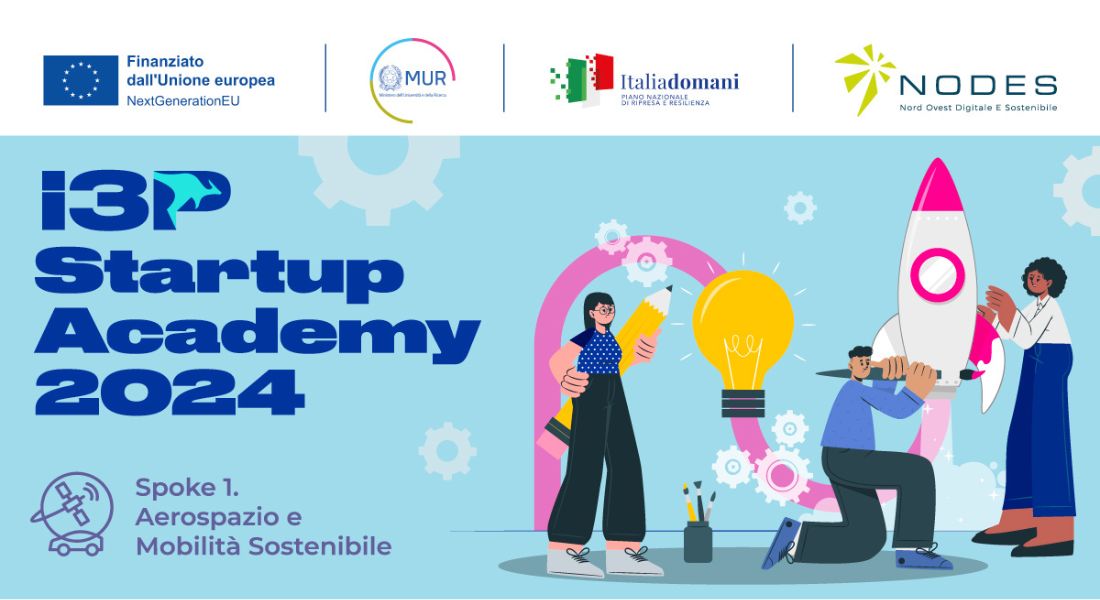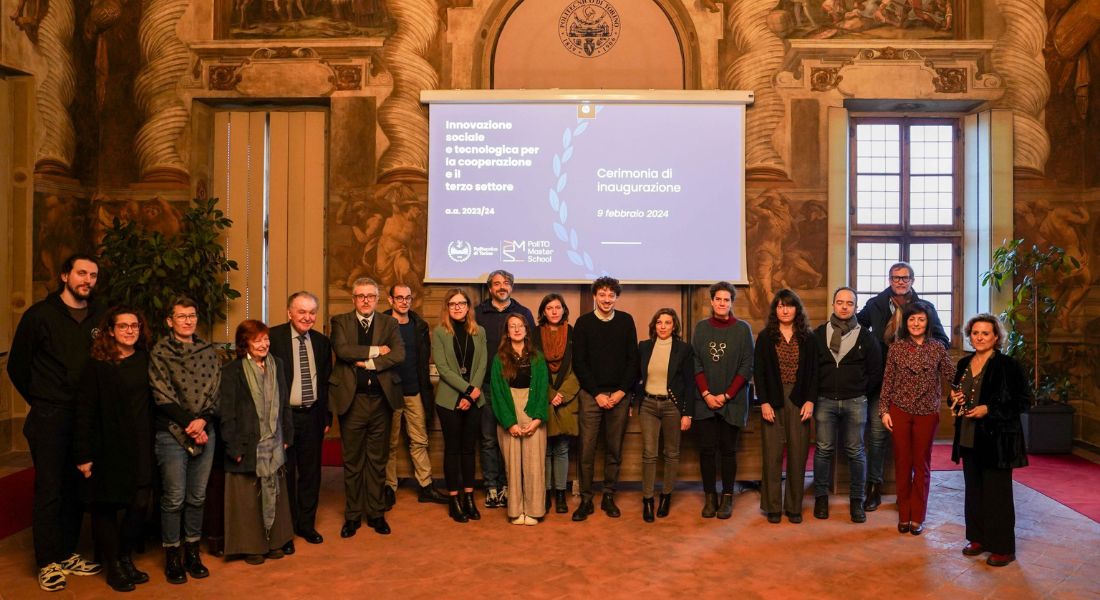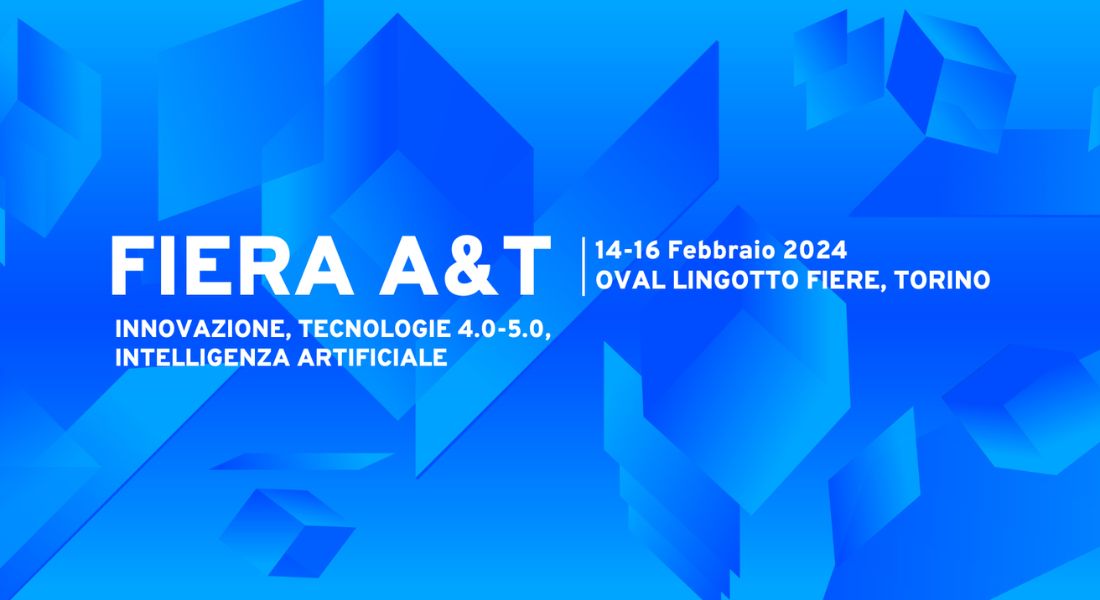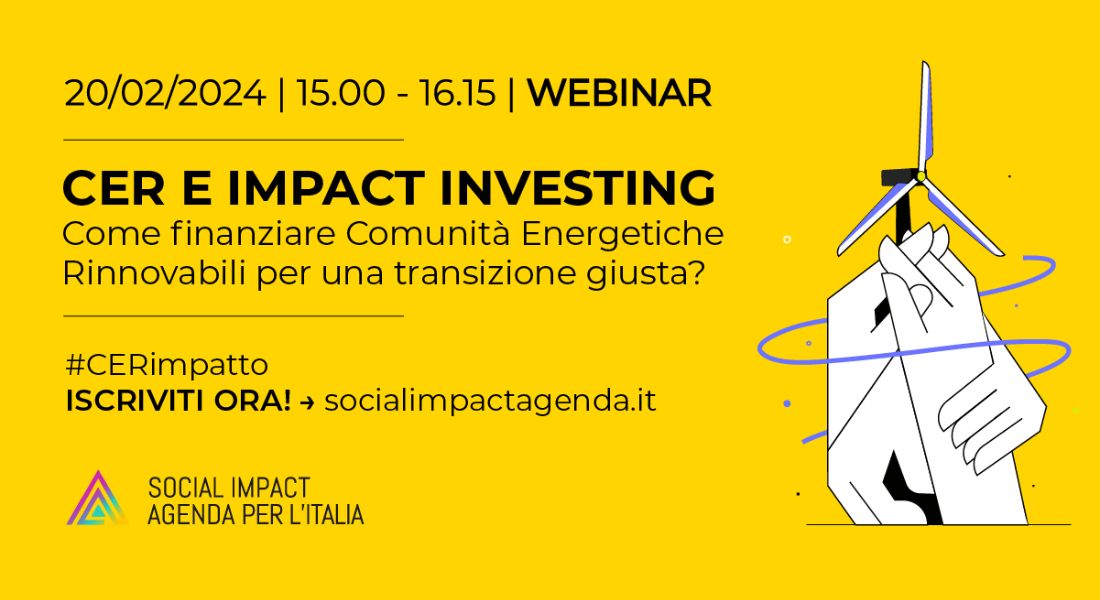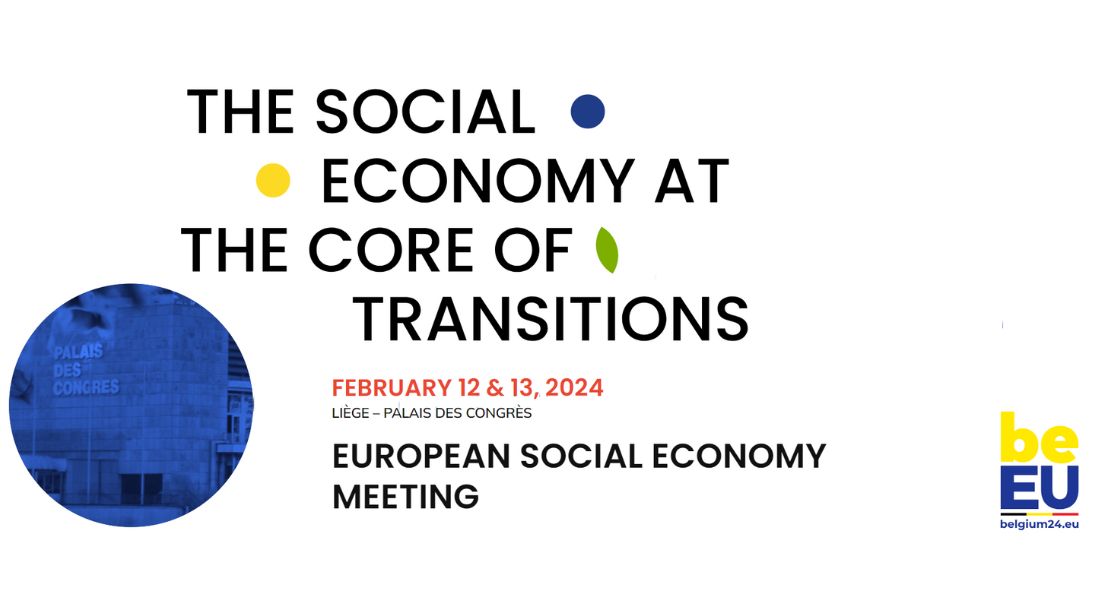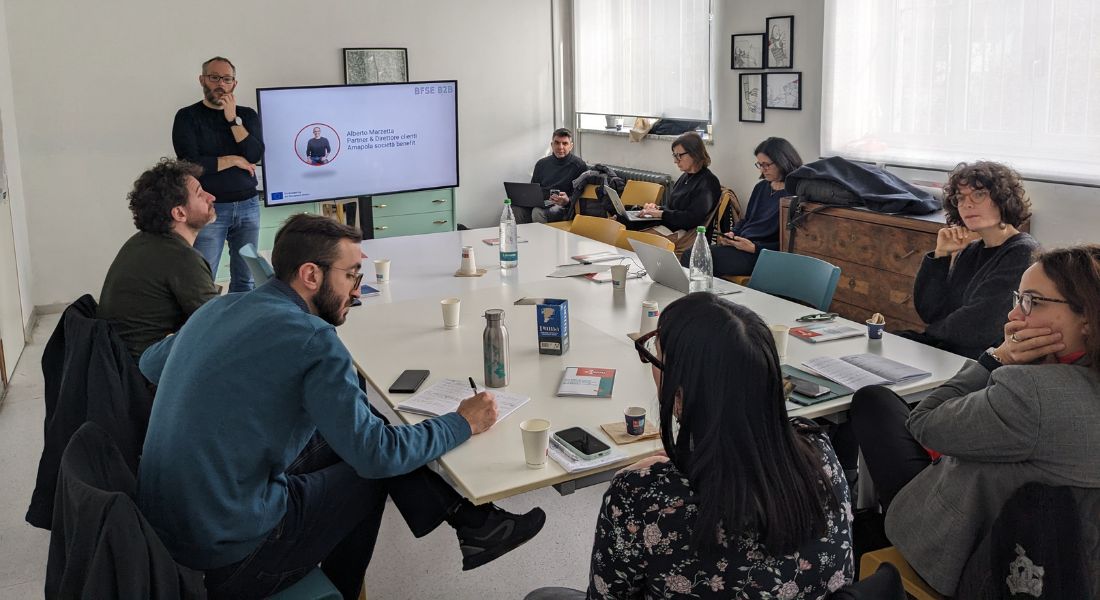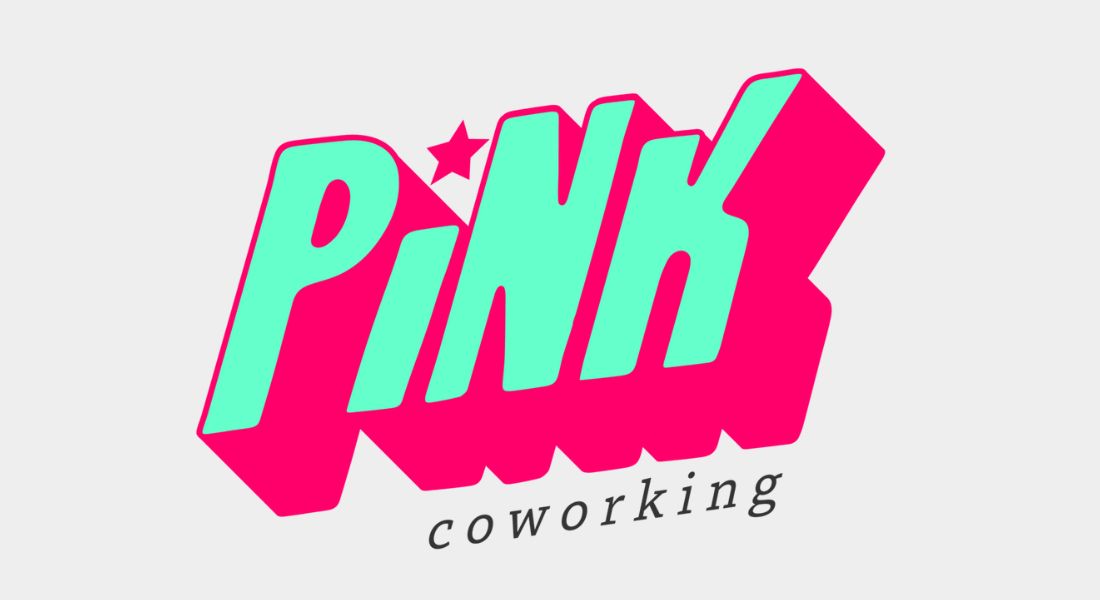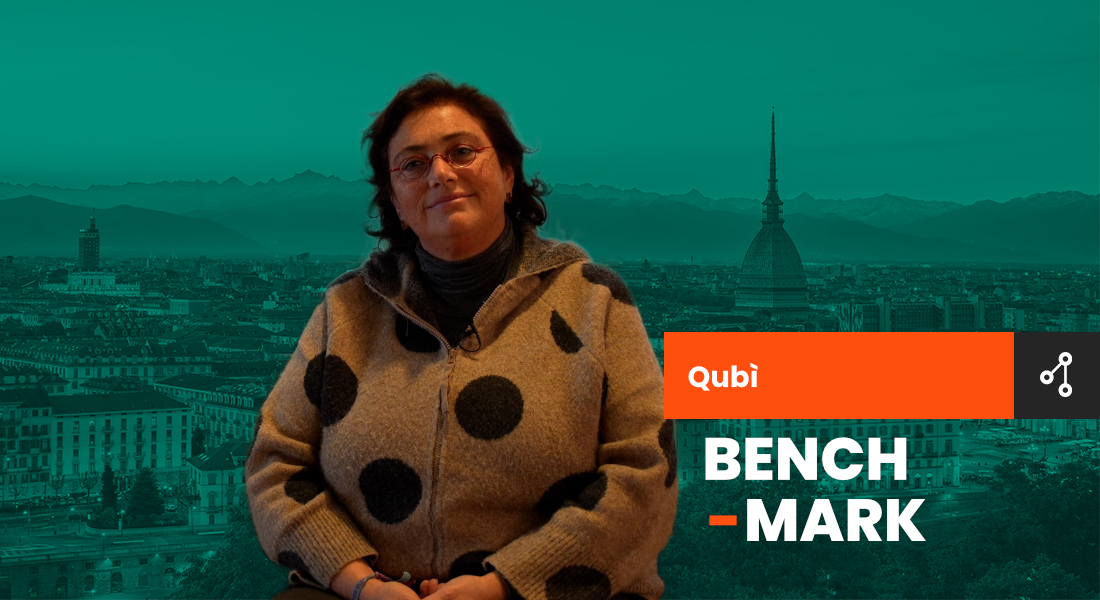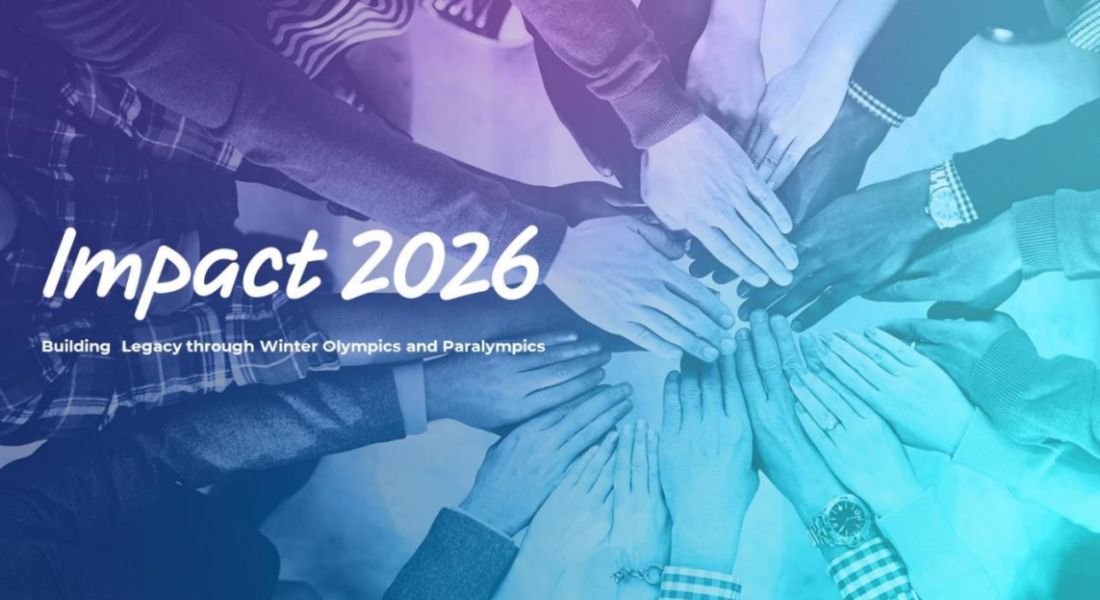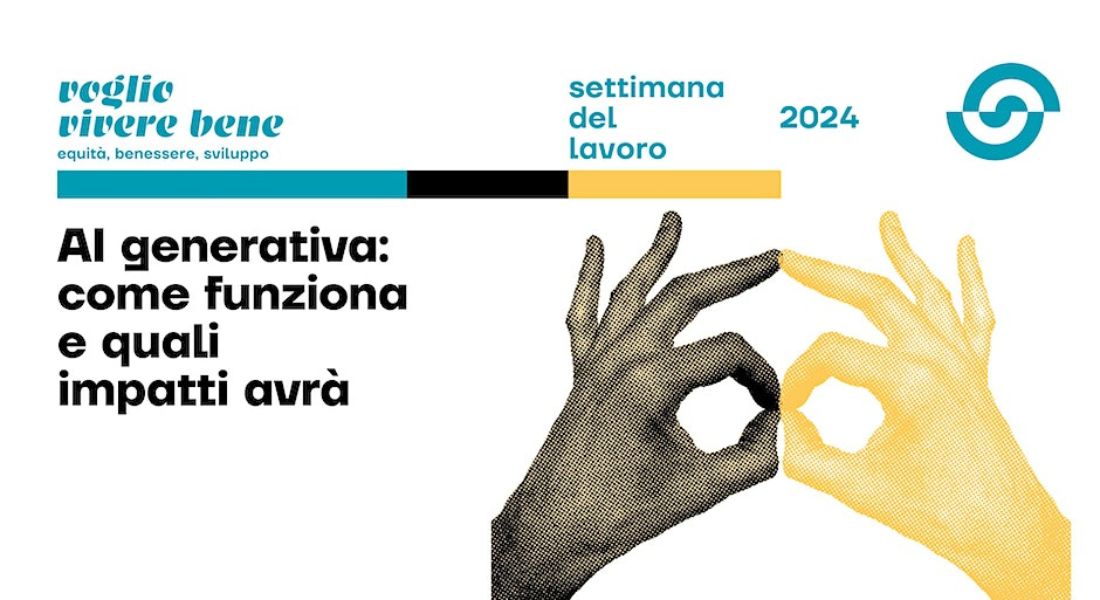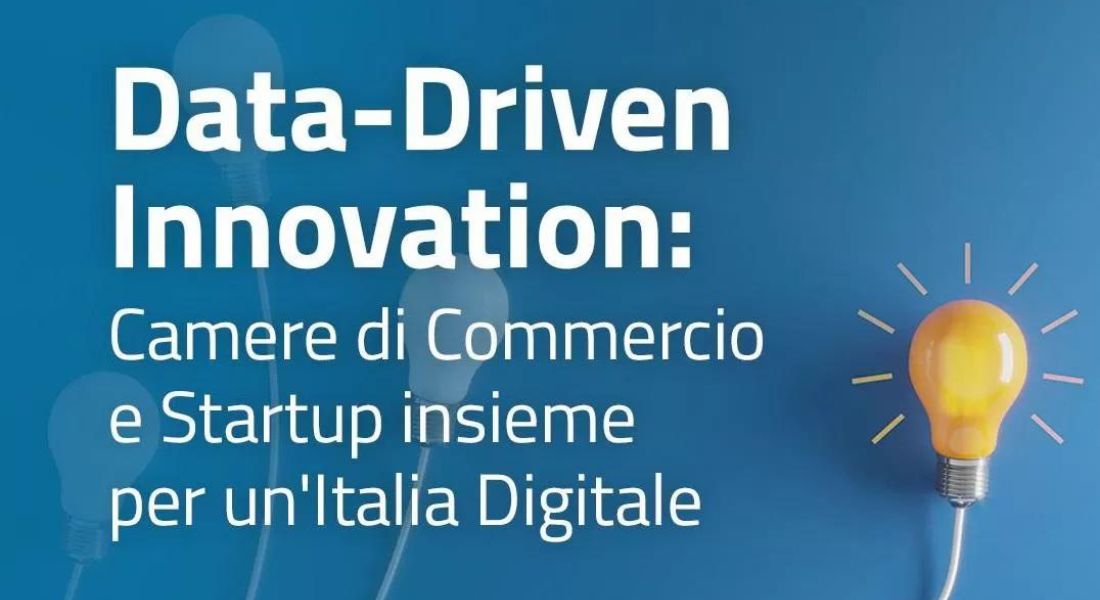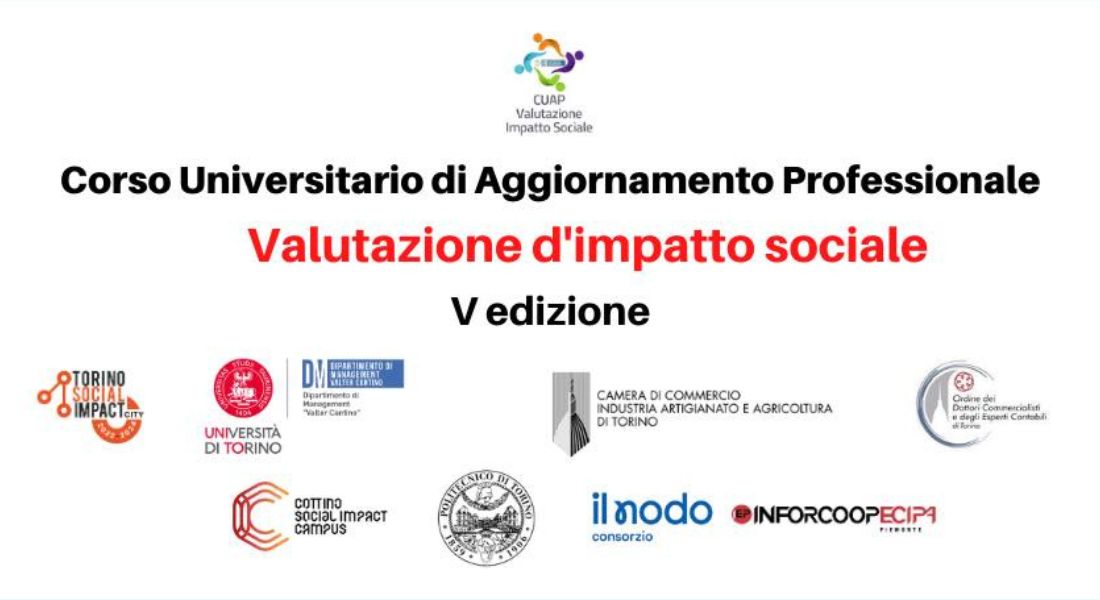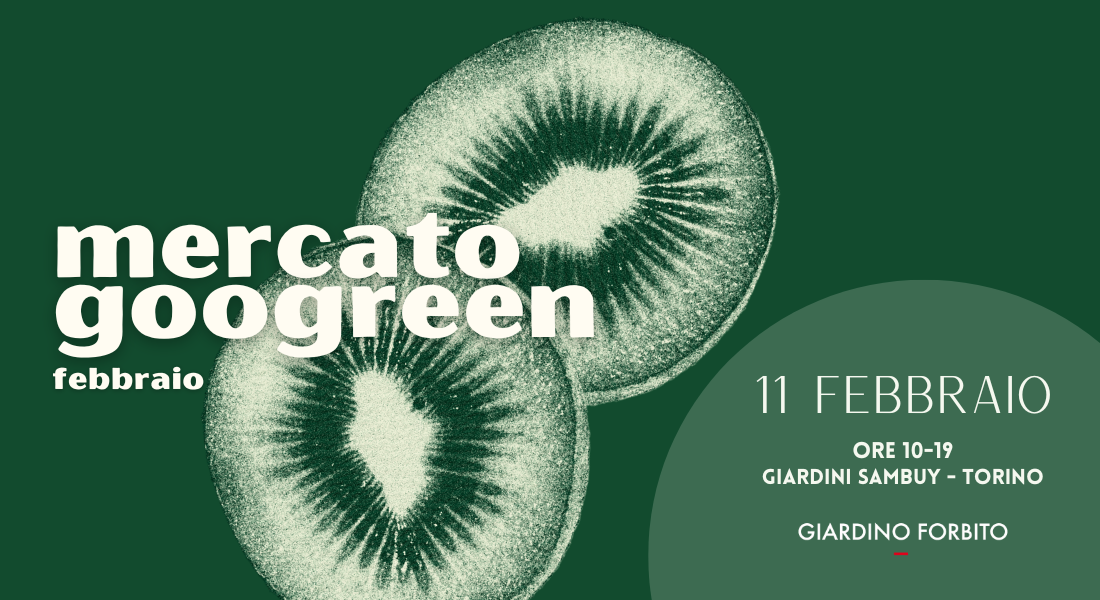Build a shared idea of a social impact economy with third-sector organizations and businesses: this is the goal of “Reggio Emilia towards a Social Impact Economy,” a workshop promoted by the Municipality of Reggio Emilia, Fondazione E35, and Laboratorio Aperto.
It was a great opportunity to participate in the day to share the experience of Torino Social Impact alongside the Municipality of Turin and a special guest: Juan Antonio Pedreño, president of Social Economy Europe, CEPES (Spanish Confederation of Social Economy), UCOMUR (Worker Cooperatives of the Region of Murcia), and UCOERM (Educational Cooperatives of the Region of Murcia).
The workshop stems from a belief: in a context where social and sustainability challenges are increasingly urgent, creating alliances between the business world, cooperatives, the third sector, and institutions becomes more strategic and necessary to define an economy that is more inclusive and competitive. An economy capable, therefore, of not leaving anyone behind.
On this occasion, the Municipality of Reggio Emilia, Fondazione E35, and Laboratorio Aperto organized a day full of appointments, showing how the city and its organizations are committed to supporting and strengthening the development of innovation and social impact through ambitious and virtuous regeneration projects.
Between Past and Future: Visiting the Reggiane Innovation Park
The first part of the visit took place at the Reggiane Innovation Park: once hosting the historic Officine Meccaniche Reggiane, it is now a redeveloped place where innovation, work, creativity, and relationships come together through collaboration between the academic and business worlds.
Suspended between past and future, it is a technological hub that brings together universities and research centers, businesses, and public administration. Here, businesses grow, and new ones emerge within a complex that prioritizes industrial research and technology transfer. Visiting its spaces, you encounter Hangar 19, the first renovated building that now houses the Technopole, with four laboratories for advanced research and technology transfer to serve businesses, as well as an incubator for innovative startups.
La Polveriera, a Place of Inclusion and Beauty
The visit then continued to La Polveriera, described as “a space within everyone’s reach“, and indeed, its motto does not deny it: inside two lateral structures and a large central square, beauty is at home and gives life every day to an active social culture laboratory, a catalyst for inclusion.
Its spaces are inhabited by different realities: the Oscar Romero Consortium, the first social consortium born in the province of Reggio Emilia, along with other social cooperatives, businesses, associations, and local entities. These entities share the belief that only through beauty can reciprocity, change, and mutual aid be generated.
In the spaces of La Polveriera, there is a workshop that produces design objects through the encounter between creatives, entrepreneurs, and vulnerable individuals; offices; a laboratory that deals with the social reintegration of women victims of trafficking; a day center; a residential center for people with disabilities; job placement agencies dealing with the work placement of vulnerable individuals; a bar-restaurant, and much more.
TSI’s Ecosystem in the Frame of the Chiostri di San Pietro
The Chiostri di San Pietro are the final stop of the experience in Reggio Emilia. In recent years, the monumental complex of the Chiostri has undergone restoration, co-financed by the ERDF, to create the Laboratorio Aperto, which works daily on experimenting with models of collaborative economy and social and technological innovation. It is in this evocative setting that the meeting “Ecosystems for Entrepreneurship and Social Impact Economy” took place, where, on this occasion, Juan Antonio Pedreño, Torino Social Impact, and the Municipality of Turin contributed to an overview of national – starting from Turin – and European experiences of territories and businesses working to support the social transition of the economy.
Today, Torino Social Impact operates in a network with an increasing number of territories and entities at the national and European levels, contributing to a constant dialogue on the creation of local ecosystems for the impact economy. If it is true that Tuesday, February 27, represented the first meeting opportunity for Torino Social Impact in Reggio Emilia, we are confident that this is only the first piece of a longer and mutual exchange and contamination path. We thank the Municipality of Reggio Emilia, Fondazione E35, and Laboratorio Aperto for this meeting opportunity, with the hope of meeting again soon.


